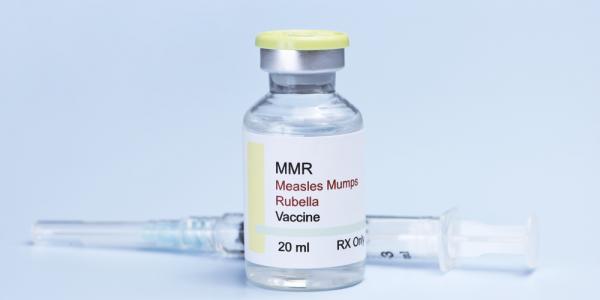Antibiotic Treatment

Do I really have to take the antibiotics that long?
When we are sick with a bacterial infection that requires antibiotic treatment we are usually given a prescription lasting for 10, 14 or even 21 days. And obeying the golden rule of taking prescribed antibiotics; we take them “until they are gone” unless directed by our physician. These long standing dosing recommendations are not based on quality research studies, rather simply by historic practice… that is the way we have always done it! Actually, most of us feel better long before we complete the medication, and find it difficult to complete the prescription.
Research has shown that longer courses of antibiotic therapy may lead to higher rates of adverse reactions from antibiotics. A recent study showed that for many common infections a shorter course of antibiotics will provide a full cure. The study focused on specific infections for both adults and children. According to the research there was no difference in the cure rate between short and long courses of antibiotics for the following:
- Urinary tract infections,
- Sinus infection
- Kidney infection
- Community-acquired pneumonia (pneumonia caught outside of a health care setting).
- Strep throat
- Ear infection
For the infections studied, the duration of antibiotic use were reduced by one half to one third; providing cure, less cost and likely fewer drug side effects.
Additional studies need to be done to determine if shorter courses of antibiotic will make a difference with the problem of antibiotic resistance, or lead to an increase in the number of patients who are not completely cured.
Properly treating an infection may seem like a simple decision. However, those who prescribe antibiotics must:
- determine if the condition requires an antibiotic,
- weigh the risk and benefit of treating infection,
- maintain an awareness of antibiotic resistance concerns,
- consider the risk for adverse drug reactions,and potential interactions with other medications or medical conditions for each patient.
For some common infections length of treatment should be considered as well.
We need to do our part.
Talk with your health care provider and discuss two simple questions. Is an antibiotic REALLY necessary? The answer may be “no”. And, will a shorter course of treatment do the job? The answer may be YES!
Read more about Using Antibiotics Wisely here.
Related Articles

Sinuses and Michigan
If you live in Michigan long enough, you will most likely become very familiar with “sinus infections”. The two seem to go “mitten in mitten.”
.png)
Human Papillomavirus and Cancer
Regardless of your personal stance on vaccines, many people wonder why some vaccines are recommended or used. This article reviews Human Papillomavirus, the diseases it can cause, and reasoning behind considering this vaccine.


Belly Breathing for Better Health
Practice Belly breathing to help treat GastroEsophageal Reflux Disease (GERD).





